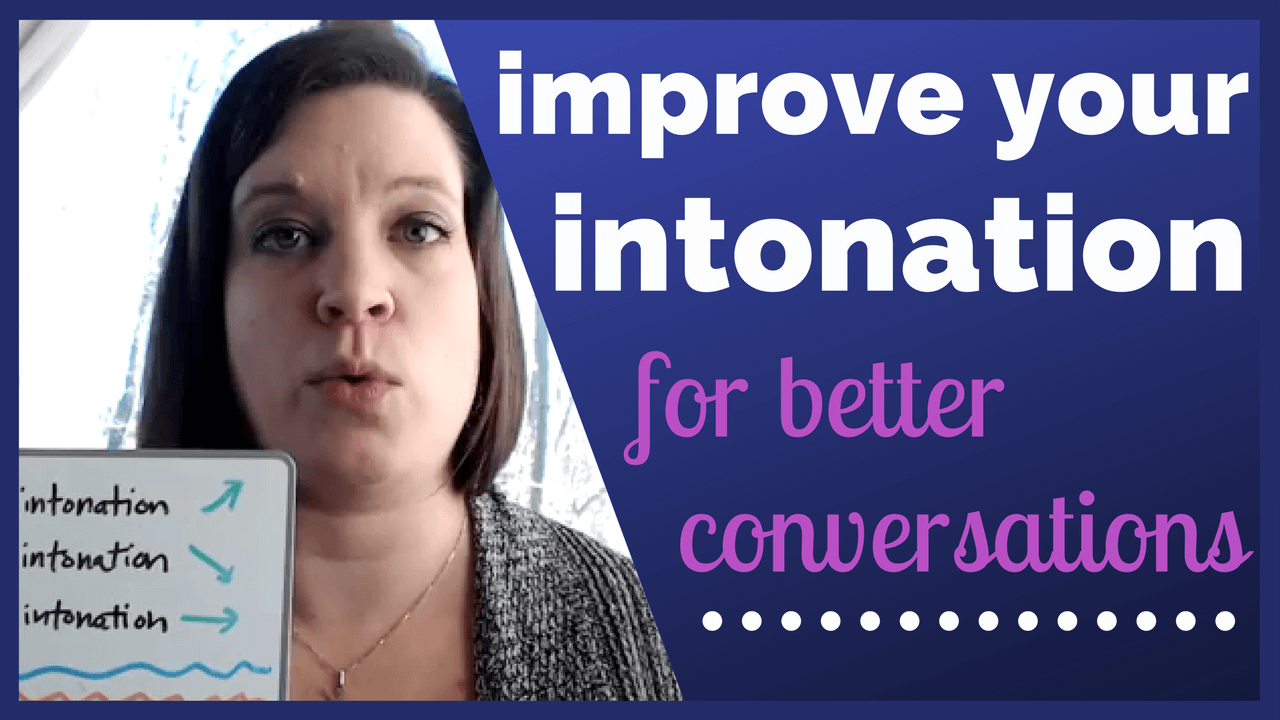The Five Most Essential Conversation Skills in English (& Why You Should Learn Them)
You already know that improving your speaking skills can have a positive impact on your personal life and professional opportunities. Understanding the natural flow of English conversations gives you confidence that you can handle a wide variety of social situations. When you first start taking English classes focused on speaking skills, you often learn basic functional phrases that help you navigate simple conversations with a partner. These usually involve turn-taking (deciding who will speak … Read the article and watch the video lesson






